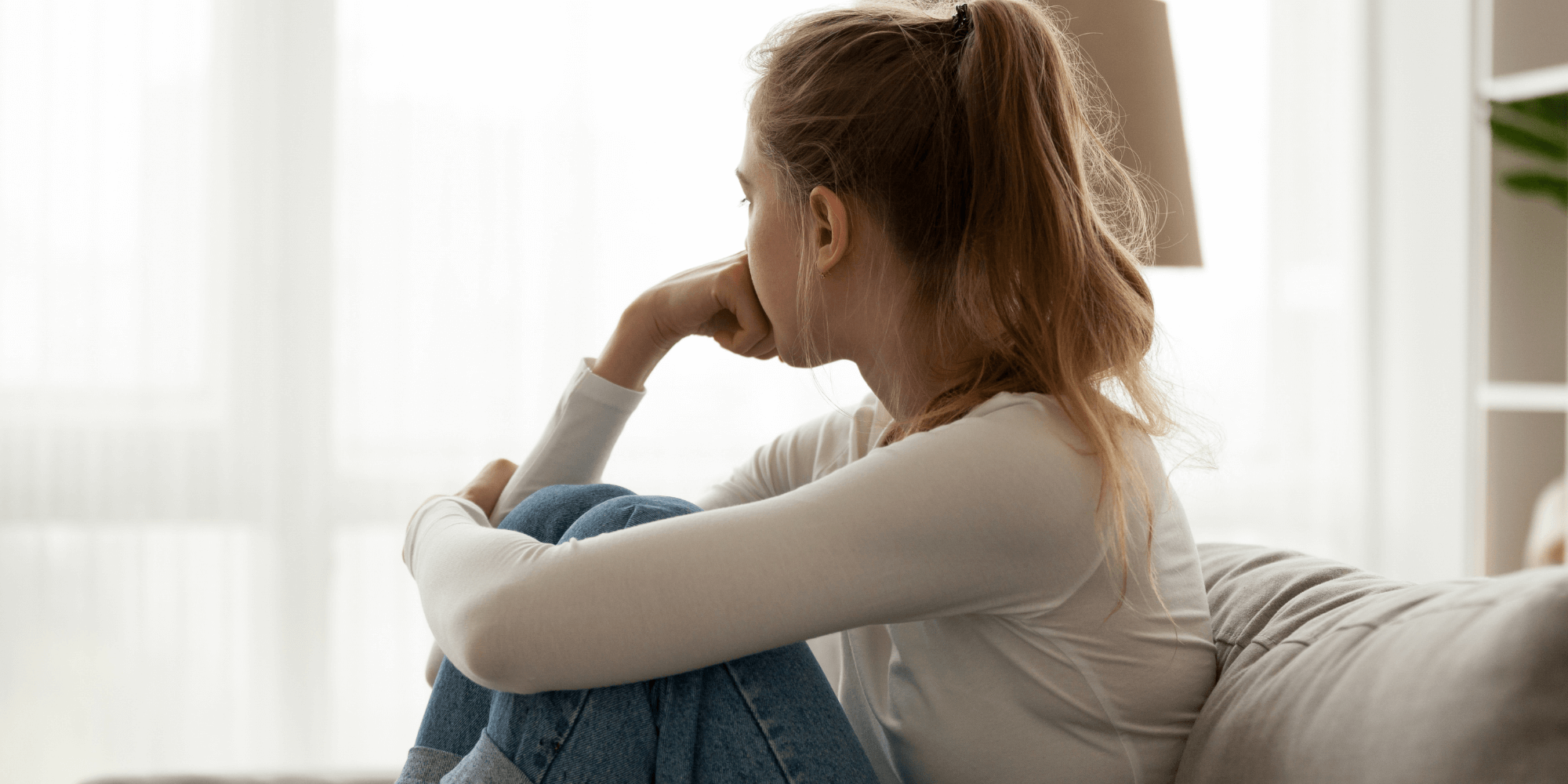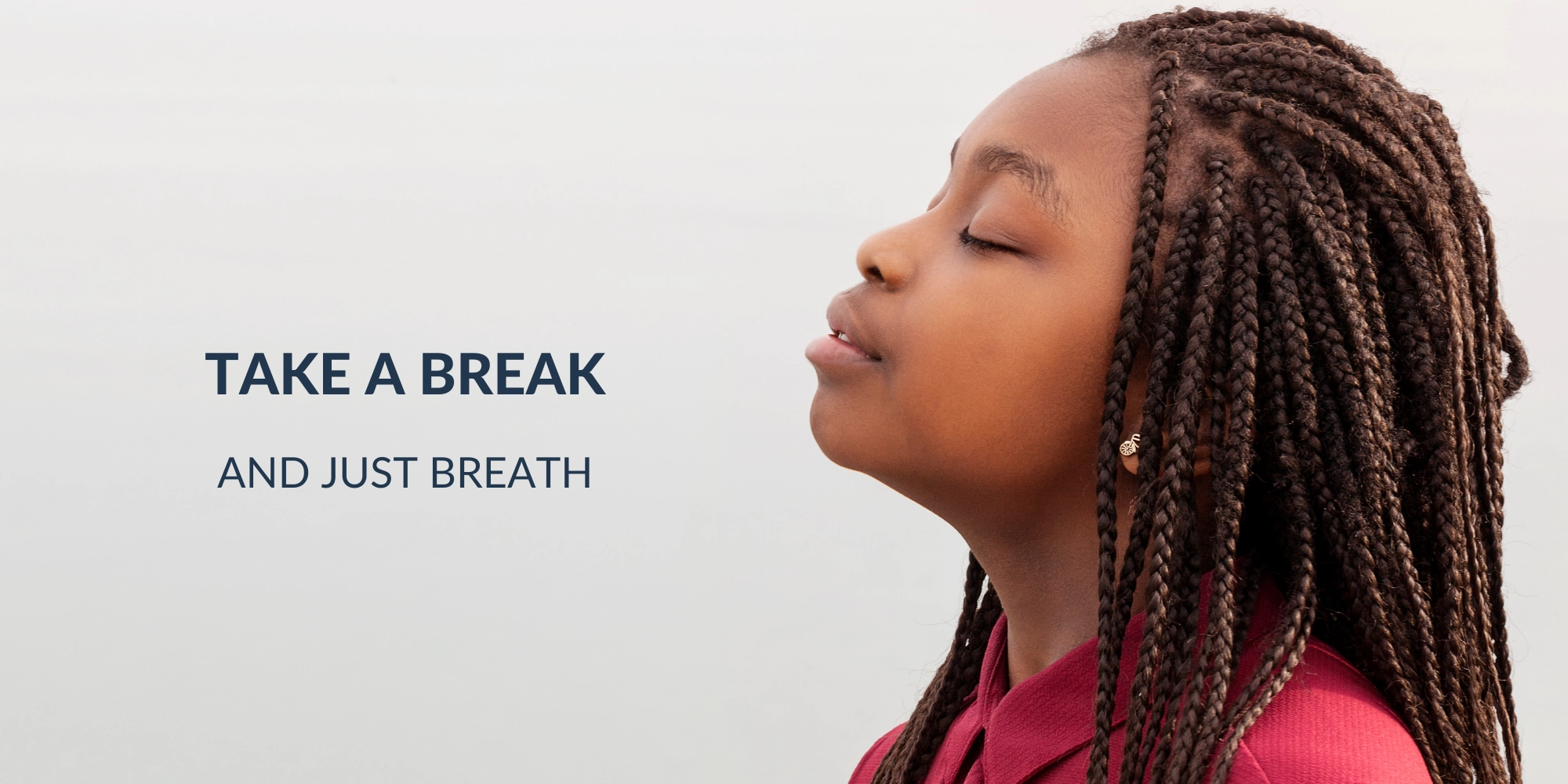Loneliness and isolation can be overwhelming for many people. Social isolation can become its own prison when imposed for health reasons, financial issues, or lack of family and friends living close by. Depression is too often the result of social isolation and can result in tragedy if care is not available. Both physical and mental health risks are associated with loneliness and isolation. Read on to learn more.
Table of Contents
Mental & Physical Health Risks of Isolation
Depression is a serious mental health concern for people who are isolated. Chronic loneliness is a painful and torturous condition for a person who is lacking emotional and mental health resources. Children, teens, adults, and seniors are all susceptible to the physical and mental health risks of isolation-related depression, which can lead to suicidal thoughts and actions. Everyone is subject to loneliness on occasion, but it becomes dangerous when it becomes a chronic condition.
Some of the warning signs and symptoms of chronic loneliness include:
- Increases in smoking, drug, and alcohol consumption
- Loss of appetite or overeating
- Risky behavior that can cause injury or death
- Neglect of self-care
- Self-harm (such as cutting in children and young adults)
- Cardiovascular disease
- Decreased memory
- Increased stress
- Insomnia
- Altered-brain function
- Making bad decisions
- Antisocial behavior
- Depression
- Suicide
Reactive and Chronic Loneliness in Children
Reactive loneliness occurs during a life transition, such as a divorce, death, or move. This type of loneliness is painful but eases with time. Chronic loneliness occurs when there is a lack of emotional, mental, or financial resources to meet a person's social needs.
Moving to a new state, for example, can trigger reactive loneliness in children as friends are left behind and they are introduced to new teachers, schools, environments, and rules.
Divorce or the loss of a loved one can also lead to reactive loneliness in children. When it comes to divorce, children often blame themselves for the dissolution of the marriage or relationship. The loss of a loved one is difficult for children to process and while it may initially result in reactive loneliness, without counseling it can become a serious chronic condition.
Forced isolation is especially difficult for children as they are not allowed to attend school with friends, can't go to parks and playgrounds, and are isolated from the majority of their family members. This is the type of isolation individuals are experiencing due to the COVID-19 pandemic.
Reactive and Chronic Loneliness in Adults
Job changes can trigger reactive loneliness in adults. Some offices and work environments don't readily accept new employees into the social circle. In addition, adjusting to new management styles, new co-workers, and different job responsibilities can cause an adult to feel overwhelmed and isolated in the workplace. If the new job required a move away from family and friends, the loneliness continues after the day at work ends. Reactive loneliness should ease as you begin to make friends and adjust to your new work environment, however, it's important to seek professional help if it continues for more than a few weeks.
The death of a spouse or child is one of the most difficult emotional crises. The loss of a child can destroy a marriage. People look for ways to blame someone for the death or for lack of support following the loss. That blame too often falls on the other spouse or a family member. Sometimes the grief is so overwhelming, the parent or spouse cannot function. An adult suffering from grief often chooses isolation rather than facing other people. This response can become seriously problematic and result in negative mental and physical consequences. Immediate medical help can prevent this loneliness and depression from becoming chronic.
Lonely in a Crowd
One of the most serious types of loneliness occurs when the individual feels isolated and lonely in a crowd. Medical and psychological help is essential to prevent dangerous outcomes. This type of extreme loneliness often leads to feelings of inadequacy. It can also exacerbate existing symptoms related to anxiety and depression. Obtaining professional help as quickly as the problem is recognized can prevent acts of self-inflicted harm or suicide. Sofia Health can help connect you to certified mental health professionals.
Learn the symptoms related to loneliness and isolation. During extremely challenging times, when isolation is required due to circumstances out of your control, understand that the symptoms can multiply or become more severe. Seek medical help, for yourself or a loved one, if thoughts or actions related to self-harm or suicide occur.


.png)

.png)

